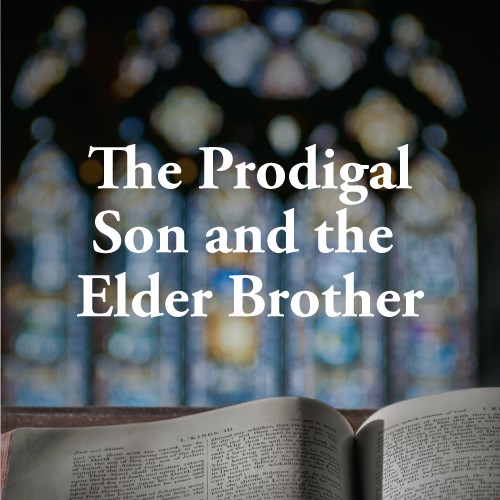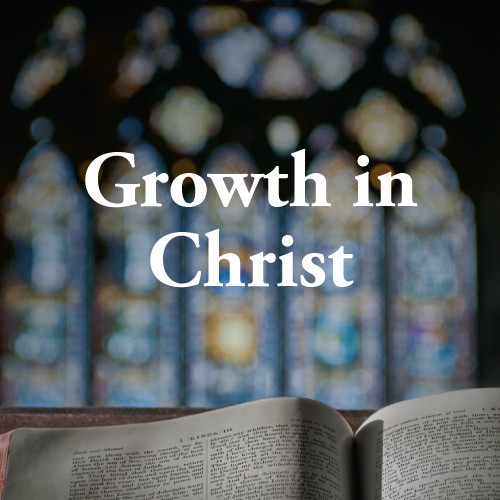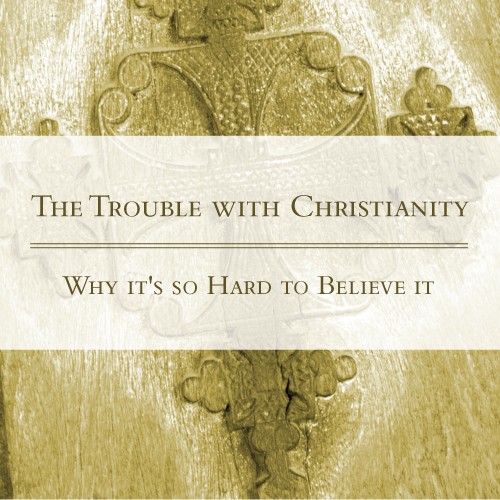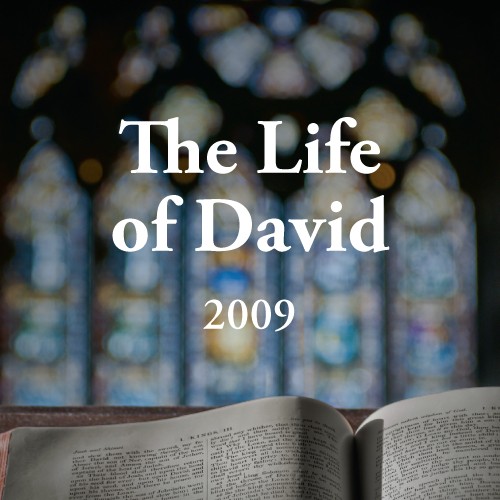
First Lost Son (and the Kiss of God)
Tim Keller | January 18, 1998
Overview
The purpose of the prodigal son was to blow out the existing paradigms, the existing categories, human beings had for their understanding of their relationship with God. Some people have what you might call a moralistic view of life. The moralistic view of life says, “The problem with the world is not me; it’s them, those immoral types.” Then you have another kind of person. The other kind of worldview is what we could call a relativistic view of life. The relativistic people are the ones who say, “The problem with the world isn’t me; it’s them, those condemning types.” Generally, the relativistic types, the younger brother types, tend to move. They tend to go away from their hometown, while the moralistic types tend to stay where they were raised and they live very “good” lives.
Jesus says, “Look at these two brothers. Look carefully. They are both lost. They are both alienated from the father’s heart.” In both cases, they will not come in and the father has to come out to bring them in. Jesus Christ lays bare the flaws of both of these paradigms. Jesus is talking about an experience of God – the kiss of the Father, the love of the Father. Let’s look at the three things have to happen: You have to come to your senses; You need a love that’s prior to your repentance; You need an elder brother who will foot your bill.
Outline
Luke 15:11–32
The story of the prodigal son in Luke 15 is a challenge to us all. It shows us that being a good person doesn’t necessarily mean we’re close to God’s heart. Sometimes, people who’ve made mistakes can be closer to Him. To really know God, like the father in the story shows his love, we need to go through three important steps.
1. You have to realize what you’re doing wrong
To have a real relationship with God, we need to admit our mistakes and be aware of our actions. Sin isn’t about breaking rules, it’s more about trying to run our lives without God, like the younger son in the story who wanted his father’s wealth more than a relationship with him. Sin is about our relationship with God, and being ‘home’ means being accepted and loved by Him. We need to be careful not to chase after control and approval from the world, which usually leads to us being controlled by things outside of us.
2. You need to know that God’s love comes before your apology
The story of the prodigal son shows us something amazing: God looks for us before we look for Him. The father in the story loved his son and forgave him even before the son said sorry. But this love and forgiveness wasn’t easy, it cost the father a lot. This story shows us how different God is from what we usually think. He loves us and accepts us no matter what.
3. You need a big brother who’s willing to pay your debts
Salvation, or being saved by God, is a tricky thing. It’s costly, like how the older brother had to pay for the younger brother’s mistakes, but it’s also free, because he chose to do so. This idea challenges the thought that freedom can be without cost or that something costly can’t be free. It invites everyone, no matter what we’ve done, to accept the love and acceptance from the ultimate big brother.




